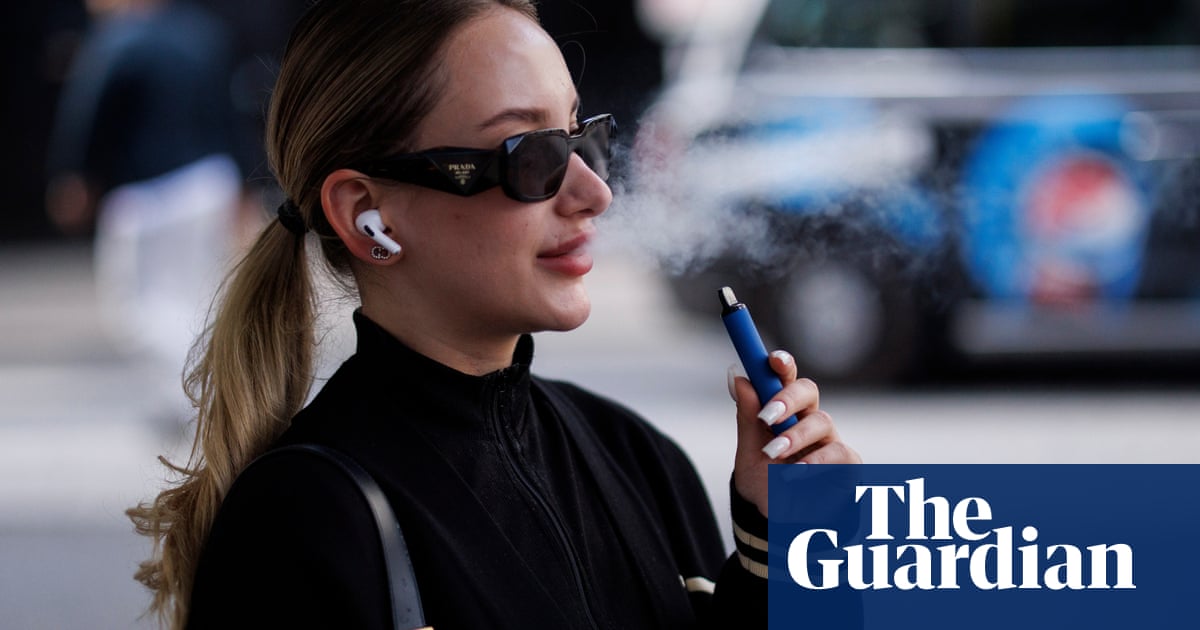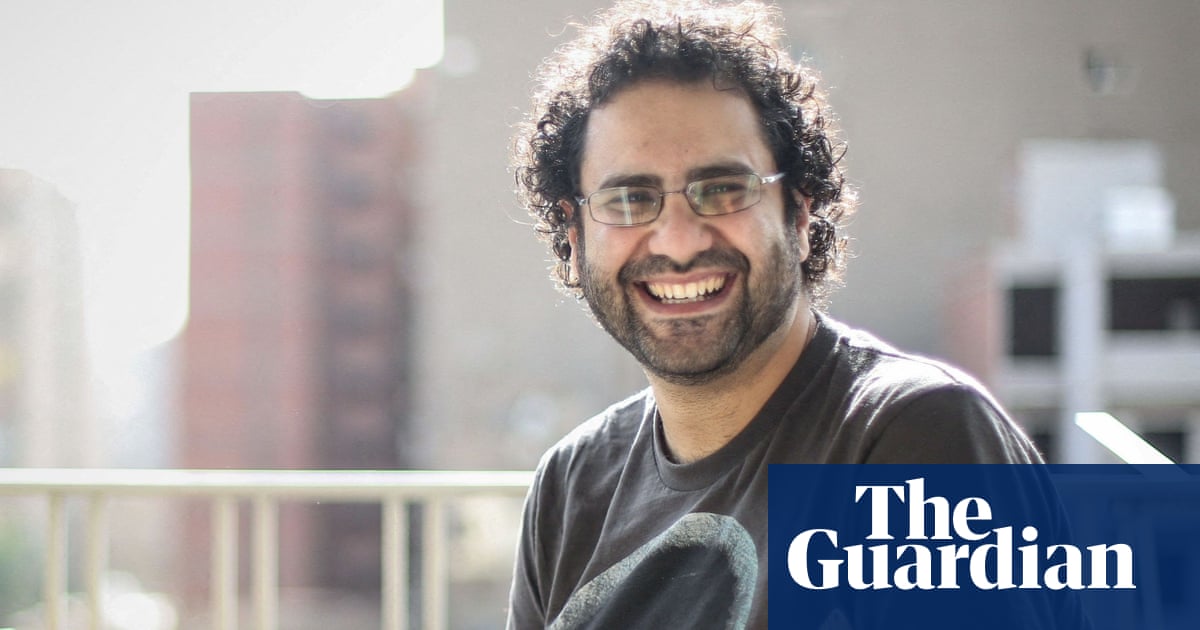
The communities secretary, Robert Jenrick, is under cross-party pressure to explain why he opposed smoking bans for pavement areas outside pubs and restaurants, echoing arguments made by tobacco companies.
The government recently introduced a law allowing hospitality venues to expand onto pavements, to help them boost capacity amid social-distancing restrictions. Councils were given a discretion as to whether these would be smoke-free zones.
Jenrick wrote to Manchester City Council warning that “if smoking were banned outside pubs and cafes, as you suggest it will be in Manchester, it could lead to significant closures across the country”.
A group of cross-party peers led by Tory Lord Young has asked to see evidence to back up Jenrick’s claim.
Young, along with Baroness Northover, Baroness Finlay of Llandaff and Lord Faulkner of Worcester, have written to Jenrick asking him to “share any evidence he has to substantiate the assertion that there would be adverse economic consequences if 100% smoke-free conditions were imposed”.
The peers said: “The evidence from the UK and other jurisdictions ... does not show this to be the case. It is difficult to see why, given the option to extend premises to include the pavement, any licensee would prefer to close. Nevertheless, the tobacco industry, which clearly has an interest here, does make this argument.”
A spokesman for the Tobacco Manufacturers’ Association said that it welcomed Jenrick’s intervention but denied lobbying him on the issue. “An extended ban will only result in piling further pressure on many small businesses who are struggling in the face of Covid-19,” the spokesman said.
Arguments against tobacco restrictions have been made by the Institute for Economic Affairs (IEA), a thinktank that pushes an anti-regulation agenda. It has a number of affiliates and takes money from British American Tobacco, which is listed as a member of the institute in the EU transparency register. The IEA, which last year hosted an event for Jenrick at the Tory party conference, has also accepted money from tobacco giants JTI, Philip Morris International and Imperial Brands.
In an emailed response to questions from the Observer about whether Jenrick or any of his staff had been briefed by the IEA or its affiliates, a spokeswoman for the thinktank said: “Many people are ‘affiliated’ with our organisation. One of the long list of people affiliated with the IEA may or may not have had ‘communication, via voice or email or in person’, be it private or in public, with ‘any member of Mr Jenrick’s department’ his special advisers and/or himself regarding the impact upon the pub and restaurant trade if councils were to make pavements smoke-free zones.”
A spokesman for Jenrick said that the minister had not met, or received a briefing from, the IEA. “To suggest otherwise is a total fabrication,” the spokesman said. “The spur for the letter was a report in a local newspaper – the government values local newspapers and regularly monitors such local news reporting. Our motivation was, and remains, to protect hospitality businesses impacted by the pandemic and save people’s jobs.”
Young was told by the communities minister, Lord Greenhalgh, that guidance to councils over pavement licensing was issued jointly with the Department of Health and Social Care. Deborah Arnott, chief executive of Action on Smoking and Health (ASH) said: “Lord Young and his cross-party colleagues wrote to the communities secretary pointing out that his letter to Manchester amounts to guidance and Parliament was told guidance would be joint with the Department of Health. They asked two simple questions: did the minister clear the letter with health colleagues before sending it, and what evidence did he have for his claims?”
In June, Labour reported Jenrick to parliament’s watchdog over his role in a controversial planning decision, now quashed, that benefited the Conservative donor, Richard Desmond. At the time, a spokesman for Jenrick described the referal as “unfounded, spurious and vexatious”. There is no suggestion of wrongdoing on the part of Desmond.












